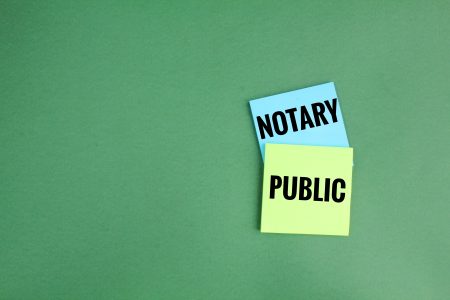
4 Ways to Find the Best Lawyer Possible – Guest Post
Finding the best lawyer possible is crucial to ensure a positive outcome for your legal case. It can be a daunting task, especially if it is your first time seeking legal advice. However, the process can be simplified with a



















